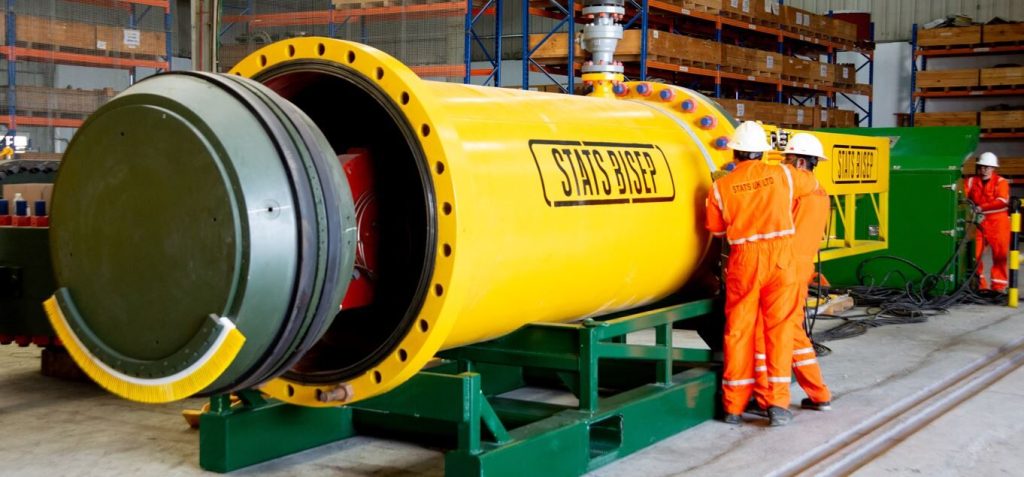What is venture capital and when is it right for your early-stage business?
In this venture capital deep-dive, we look at the rise of VC funding in the UK, plus some of the pros and cons of raising investment from venture capitalists.
In 2019, there was a record amount of venture capital investment in the UK. The trend is set to continue, with more than £2.6 billion of funds invested into British businesses in the first quarter of 2020. In this article, we look at the rise of venture capital in the UK, the types of businesses receiving support, and the pros and cons of this method of funding a business.
What is venture capital?
Venture capital, sometimes known as VC, is a form of private equity business funding. In exchange for an equity stake, venture capitalists invest in primarily early-stage businesses. These include new ventures, startups and scale-ups, following on from seed funding. Businesses can receive venture capital funding throughout the early and middle stages of their growth cycle. This can be staged over a series of multiple funding rounds, allowing businesses to fundraise as needed, all the way up until an initial public offering (IPO).
How venture capitalists invest in early-stage businesses
Operating in limited partnership with a range of different entities, from high-net-worth individuals to pension funds, venture capitalists raise funds from various sources to invest in new businesses. Each partner invests with the expectation that they will receive a significant return over the medium-to-long term. Some of the world’s most recognisable brands have received venture capital funding, such as Google and Uber in the US, or ASOS and Zoopla in the UK. Each raised various sums through multiple funding rounds. This flexibility allows businesses to raise anywhere from £500,000 to tens of millions.
Is venture capital funding right for your business?
Technology companies are some of the most well-known VC-funded businesses. Venture capitalists have traditionally favoured them because of their ability to scale rapidly. VCs also favour startups, where they can acquire a relatively high equity stake. While startups are risky for investors, they need only one or two such investments to be successful to yield substantial returns. Nowadays, businesses in a variety of industries receive venture capital funding.
Flexibility in funding
Venture capital funding opens up a range of opportunities to flexibly raise funds. Businesses can raise capital through a series of funding rounds, allowing entrepreneurs to secure funding as and when they need it.
High growth expectations
Venture capitalists expect to receive a high return on their investment. For this reason, VCs tend to favour businesses with opportunities to scale rapidly. This preference creates a funding gap for businesses that would be better served through steadier, more organic growth.
Scale-ups preferred over startups
With these expectations, VCs tend to favour scale-ups over startups. Businesses that require less guidance and development are seen as surer bets, which increases the perceived likelihood of a substantial return on investment. This can leave some businesses without the funding or support they need to realise their potential.
Exit timelines
A venture capitalist can exit a business in three ways: a trade sale, stock market flotation or via a secondary market private equity sale. VCs are under pressure to deliver returns to investors within a set timescale. These timelines may ‘force through’ an exit after that time elapses, even if it’s not in the interests of the business. This is something to be mindful of.
Focus of control
One of the biggest challenges of venture capital funding is the battle for control; entrepreneurs frequently report a loss of control over their business. In extreme cases, investors can push for higher risk strategies that may yield quicker growth but pose more uncertainty. In these situations, finding an investor that is willing to back you, as an entrepreneur, and your team is crucial.
The need for long-term, patient and supportive investors
There is no doubt that there are great success stories from VC-funded businesses. Venture capitalists tend to favour companies in the earlier-stage of their development, and are therefore take on significant risk and are seeking equally significant rewards.
Is it time for a different sort of investment?
Not all companies want to relinquish significant stakes in their companies. BGF provides non-controlling minority capital without set timeframes. Our investments can help to accelerate growth, but our partnership and support can be long-term. We provide the tools you need to grow, from funding to expertise, while letting you set the course. We believe in the power of brilliant businesses to drive innovation, generate progress and deliver prosperity. And we thrive in our role to help make that happen. Learn more about what we do.





